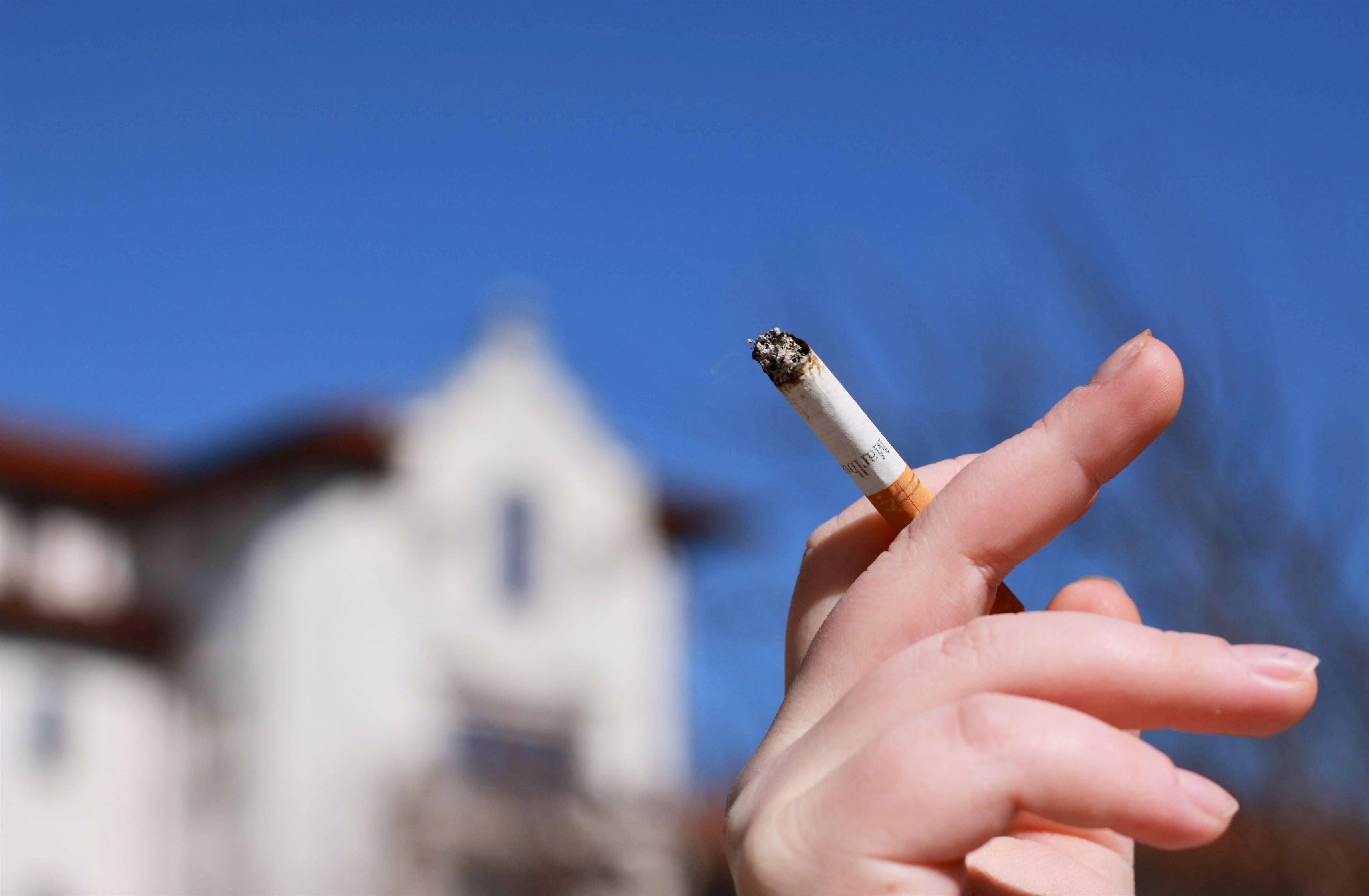New Jersey legislatures seek to pass a bill that calls for an increased tax on cigarettes, raising it to $1.65 per pack.
At this price, the tax will cost the same amount as a pack of cigarettes in both Connecticut and New York, which have the highest per-pack prices in the United States.
This law seeks to protect and prevent smokers from the harmful effects of smoking. Montclair State University’s tobacco-free policy prohibits smoking inside any campus building, this includes the use of nicotine, vapes and other similar products.
The university does have designated smoking areas that are 25 feet away from all entries. These smoking areas include the exterior of the Student Center, Feliciano School of Business and Lot 60.
Montclair State has a plan to eliminate the use of tobacco products on campus and expects to become 100% smoke, tobacco and vapor product free on Sept. 1, 2020.
Students on campus have expressed their support for the bill, despite the increase in price. Joanne Lynn, a junior psychology major, agrees with the tax increase as it will decrease the number of smokers in the U.S.
“I support the tax on cigarettes because it would make it harder for people of low income to continue their addiction,” Lynn said.
According to The Atlantic, now that cigarettes are becoming increasingly expensive, many smokers are turning to electronic cigarettes that have been found to be just as dangerous. Big tobacco companies have consistently marketed these products as safer alternatives, however recent studies have continuously proven otherwise.
The 10% tax will also apply to vaping. According to The State of New Jersey, container e-liquids are not allowed to be sold at retail stores in New Jersey unless it is being sold by a licensed vapor business.
Tyler Ruffino, a junior majoring in business, believes the tax increase will benefit not only the smokers, but the environment as well.
“I think it’s a good idea because everyone should be taxed,” Ruffino said. “Cigarettes harm the environment and it isn’t good for people.”
The Office of Health Promotion is in the process of developing a series of programs and services for the campus community that will support and encourage a tobacco-free campus. These plans will last until the full implementation of the policy on Sept. 1, 2020. If necessary at that time, further programs will be accepted to protect and prevent people from the use of nicotine products.



